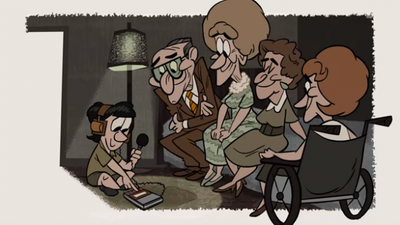Egyptian President Mohammed Morsi dismissed officials from the former Mubarak regime in what has been considered a move to consolidate power within the executive branch. Morsi's dismissal of powerful Defense Minister Mohammed Tantawi, the chief of staff and several others has marked an important transition between the military, who were entrusted with running the state in the post-revolution period, and the new democratically elected regime.
In 2011 Egyptian protesters forced former President Hosni Mubarak from office after a 30 year reign. A democratically elected Morsi then took office with provisions that his power be shared with the judicial branch and a de facto citizen parliament. However, two months into his tenure, Morsi is still struggling with the military over control of the country.
Morsi has already attempted to reestablish the parliament that was dissolved by the military before Morsi was elected; a move that has worried some secularists inside and outside Egypt. The parliament, which had a Muslim Brotherhood plurality, would have allowed the Brotherhood near-control over two branches of government. However, as it stands, with a small court system and no parliament, Morsi's power is unchecked by the citizens or officials designated to review the limits of the Egyptian constitution.
While critics have been concerned that Morsi's appointments will allow the Muslim Brotherhood to take control of the Egyptian government, it seems that the new president has decided to appoint more than just party members. PBS NewsHour sat down with Michele Dunne of Atlantic Council's Center for the Middle East to discuss the ramifications of this newest political change in Egypt.
Quotes
"There's still a battle to be fought over the new Egyptian constitution, new parliamentary elections after that. And it's really hard to say whether the military will reassert itself. It still has a lot of economic power. And so I think the struggle for power between the civil and the military in Egypt is far from over." - Michele Dunne, Atlantic Council's Center for the Middle East.
Warm Up Questions
1. What are checks and balances? What purpose do they serve?
2. What is a dictator? What rights do citizens living in a dictatorial society have?
Discussion Questions
1. What differences exist between the Egyptian government and the American system?
2. Are checks and balances necessary for a democracy to function?
3. What role should citizens play in a governing their country?
Additional Resources
In Test of Democracy, Egypt Disqualifies Leading Presidential Candidates
Revolution Isn’t Easy: Egypt Struggles For Democracy
Young Egyptian Photographer Captures Post-Revolution Graffiti Art


